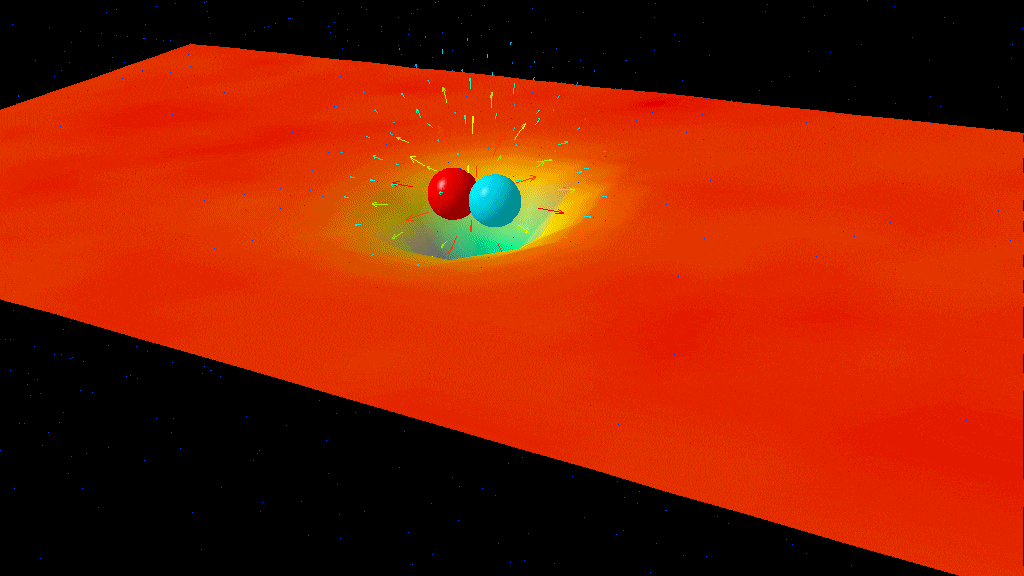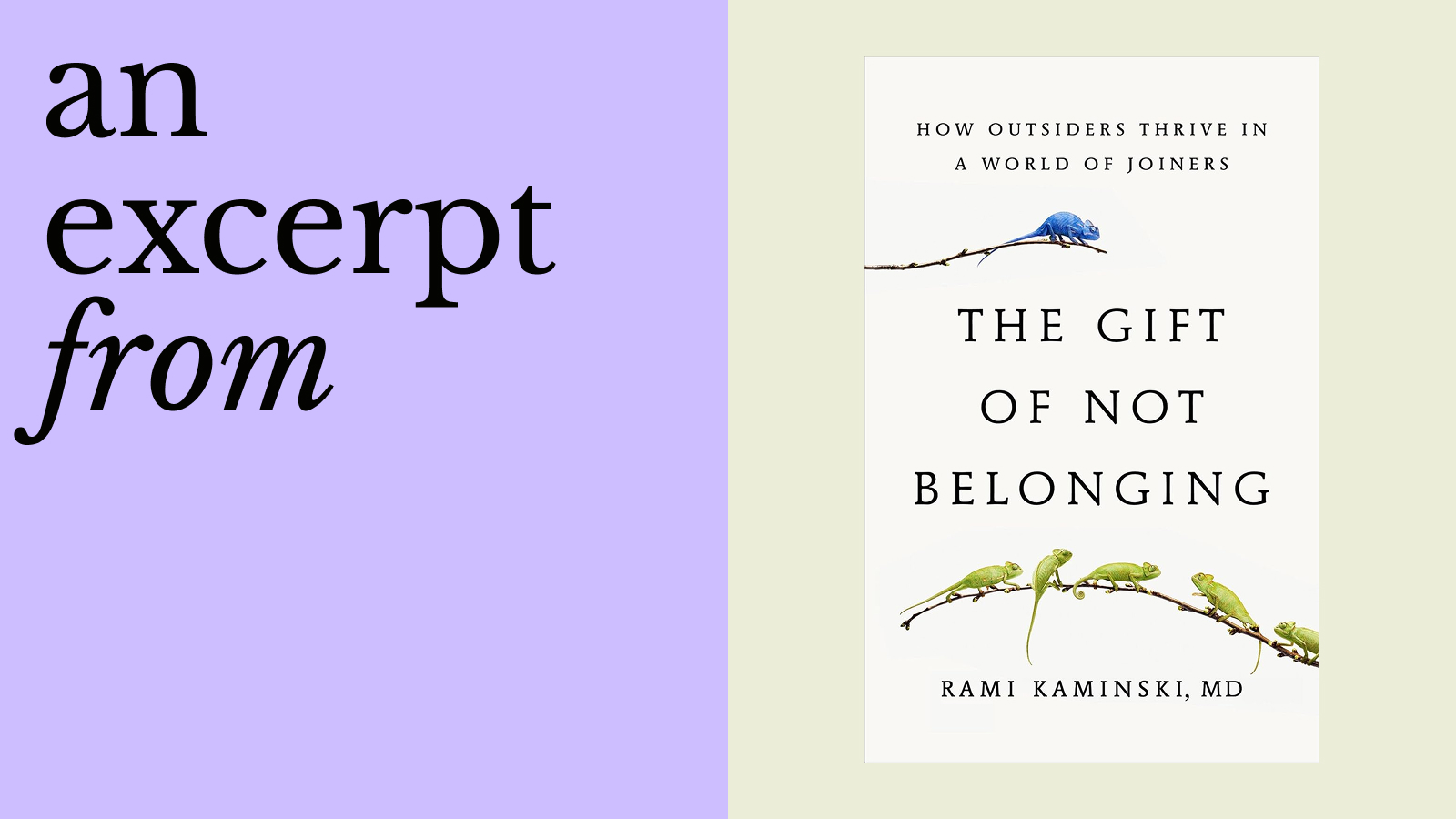Abraham Foxman is the national director of the Anti-Defamation League, a position he has held since 1987. He has worked for the organization since 1965. In 2006, he was awarded[…]
Sign up for Big Think on Substack
The most surprising and impactful new stories delivered to your inbox every week, for free.
The ADL National Director says judgment is still out on whether the positives promised by religion are outweighed by the negatives.
Question: How can we work towards making religion a force for rngood?
rn
Abraham Foxman: Well, the irony, the tragedy is, that’s rnwhat religion is supposed to be. It’s supposed to teach us the rndifference between good and evil, and yet it’s been used so frequently, or abused, for separation, for hate, for rationalizing so much hurt, I’mrn one of those that believes there needs to be a separation between rnreligion and state. And yet, at the same time, if the spirit of love rnwhich comes from religion doesn’t inspire our leadership, it could be rnvery, very dangerous and counterproductive. So it’s a very difficult rnbalance.
Look, you have Iran, it’s a "religious" country, and look how rnmuch hate there is there. In Israel there’s a lot of religion, it rnhasn't resolved all the problems. In our country we’re struggling with rnit. Some of the most... some of the most, I’m trying to find the word... rnsome of the most polarizing elements in our society come from religious rnleaders. When... I think when the Jewish community... when we found out rnthat Billy Graham was an anti-Semite, it sort of... you know, so what’s rnreligion all about? Here is the spiritual guide to so many presidents, rnhere is the guy that presidents would go for spiritual council and rnadvice, and here we find out he’s just a pure, simple, ugly classic rnanti-Semite. So how do you deal with that? I’ve been raised in faith, rnI’ve been raised in faith during the war as a Catholic, and then when I rnreturned to Judaism I’ve been raised in faith. I think it has a role, rnbut frequently it’s abused. It’s abused by temporal powers, by rnpolitical institutions for its benefit. And sometimes it is seduced by rnthe political, by the secular. I think... I think the judgment is still rnout whether the promise of the faith, and love, and understanding and rnsensitivity that religion promises is maybe more counter-productive rnbecause some religions teach exclusiveness. I think the most important rnelement for faith and religion, to be positive instrument and love, is rnthe difference between "a" and "the." As long as we teach that we have the rntruth, the only truth, it will only undermine understanding, and rnrespect, and love. If we can teach that all we do is have a truth; I rnhave a truth, you have a truth, Catholics have a truth, Muslims have a rntruth, it’s their way to salvation, it’s their way for their people to rnachieve tranquility, love, future, whatever.
Recorded on June rn11, 2010
Interviewed by Jessica Liebman
rn
Abraham Foxman: Well, the irony, the tragedy is, that’s rnwhat religion is supposed to be. It’s supposed to teach us the rndifference between good and evil, and yet it’s been used so frequently, or abused, for separation, for hate, for rationalizing so much hurt, I’mrn one of those that believes there needs to be a separation between rnreligion and state. And yet, at the same time, if the spirit of love rnwhich comes from religion doesn’t inspire our leadership, it could be rnvery, very dangerous and counterproductive. So it’s a very difficult rnbalance.
Look, you have Iran, it’s a "religious" country, and look how rnmuch hate there is there. In Israel there’s a lot of religion, it rnhasn't resolved all the problems. In our country we’re struggling with rnit. Some of the most... some of the most, I’m trying to find the word... rnsome of the most polarizing elements in our society come from religious rnleaders. When... I think when the Jewish community... when we found out rnthat Billy Graham was an anti-Semite, it sort of... you know, so what’s rnreligion all about? Here is the spiritual guide to so many presidents, rnhere is the guy that presidents would go for spiritual council and rnadvice, and here we find out he’s just a pure, simple, ugly classic rnanti-Semite. So how do you deal with that? I’ve been raised in faith, rnI’ve been raised in faith during the war as a Catholic, and then when I rnreturned to Judaism I’ve been raised in faith. I think it has a role, rnbut frequently it’s abused. It’s abused by temporal powers, by rnpolitical institutions for its benefit. And sometimes it is seduced by rnthe political, by the secular. I think... I think the judgment is still rnout whether the promise of the faith, and love, and understanding and rnsensitivity that religion promises is maybe more counter-productive rnbecause some religions teach exclusiveness. I think the most important rnelement for faith and religion, to be positive instrument and love, is rnthe difference between "a" and "the." As long as we teach that we have the rntruth, the only truth, it will only undermine understanding, and rnrespect, and love. If we can teach that all we do is have a truth; I rnhave a truth, you have a truth, Catholics have a truth, Muslims have a rntruth, it’s their way to salvation, it’s their way for their people to rnachieve tranquility, love, future, whatever.
Recorded on June rn11, 2010
Interviewed by Jessica Liebman
▸
3 min
—
with





